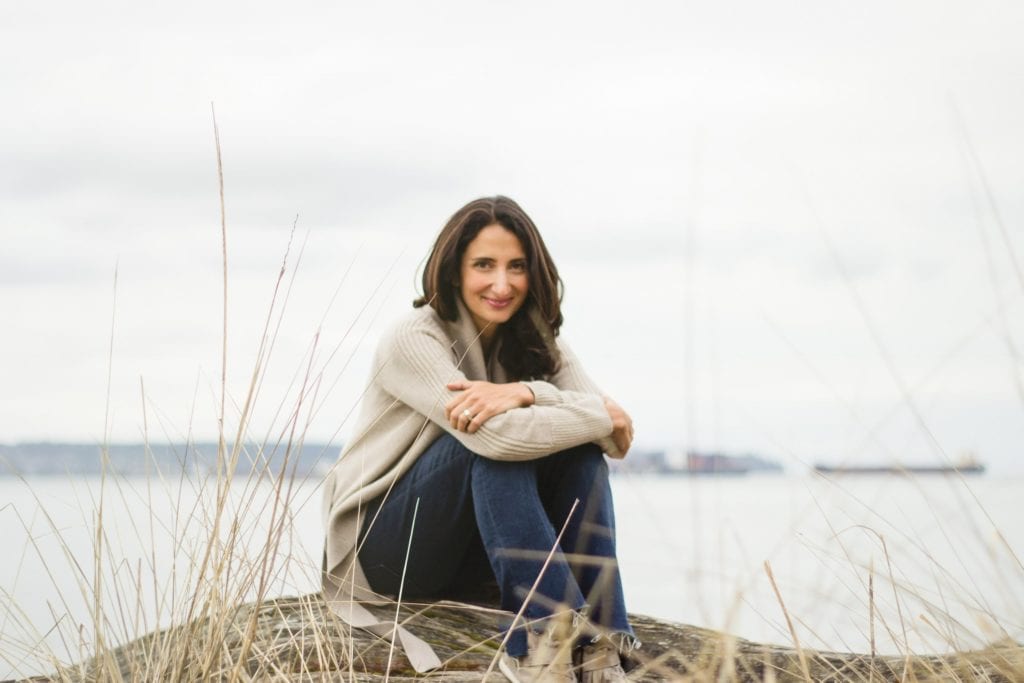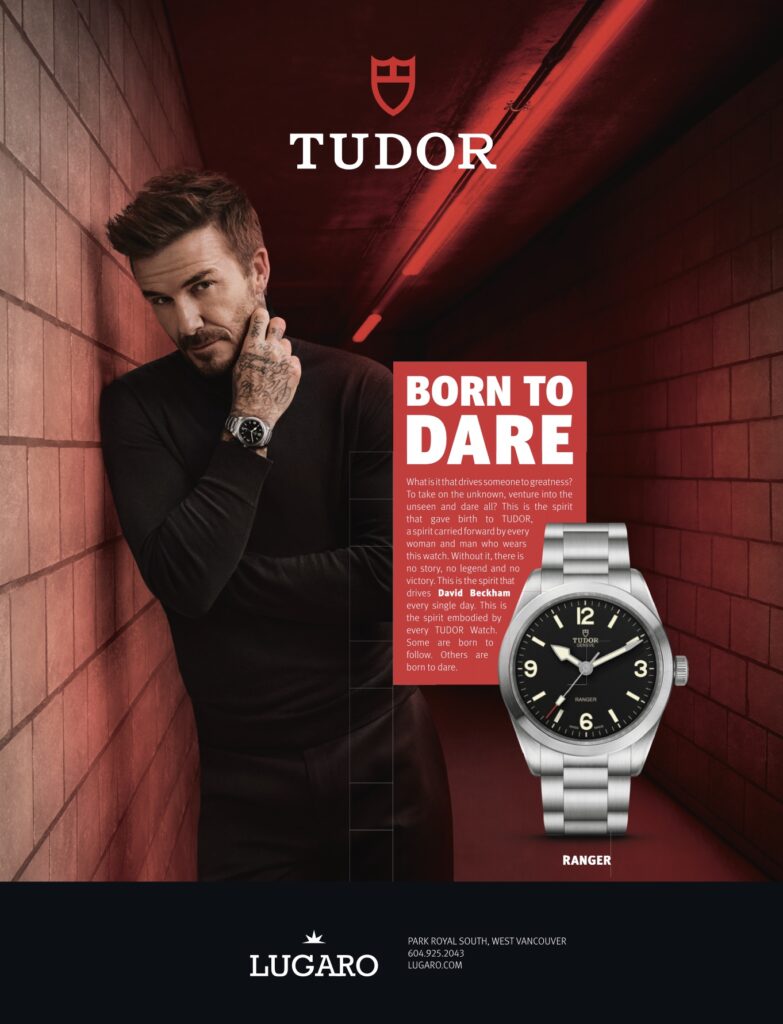Subscribe: RSS
She’s spunky and smart, and she speaks from the heart. Dr. Maryam Zeineddin is much more than your typical medical professional. A wife and mother to two, her approach to medicine has been one of complete body and soul. She knows what it means to have both a healthy body and spirit.
Hear Dr. Zeineddin chat frankly and honestly about the facts behind the COVID-19 vaccination and answer some of those nagging questions about safety, purpose and the overall side effects it has on our society as a whole. Hear how she also lays out a plan for surviving the isolation that comes with this pandemic, and what you can do to make it through as we strive to reduce our infection rate, and get back to a life where we can hug and our families and friends once again.
Check out the highlights below:
0:00 Introduction
1:30 Becoming a Doctor
Q: How did you decide to become a doctor?
A: I think the reason why I became a doctor in the first place was because I, I actually really liked people. So and I love having that relationship with people. So and I love sciences. And I love evidence driven information. And I love the physiology aspects of it of the human body and how everything works. And that is I’ve been a doctor for all these years now, I realized that there is really a connection between the physical, mental and spiritual aspects of, of our well being that we were never taught in medical school. So that’s kind of what’s interesting to me now.
3:30 Being a woman, a doctor, and a mother
Q: You are, obviously, a woman in medicine, but you are also the mother to two young daughters. What are the conversations like at your house about these roles?
A: I was one of the lucky ones in medical school. I was the first medical school year where there was actually more women than men in medical school class. And that was such a shock to the world that there were, you know, more applicants that were female that were deserving of the position. And now in Canada, of all the physicians we were 50/50 so in terms of gender, we’re right on par with a male gender. The only thing is for us is that you know, the the science and the research around women’s health is still lagging tremendously. And we’re trying to change that. We talk to our kids all the time.
6:18 How has COVID changed your practice
Q: I can’t imagine how busy you must be. Give us some insight, if you would – how is your practice right now? How are you interacting with patients? How have things changed? Before COVID, you could never phone your doctor and have an appointment over the phone, but now we can do this. Tell us a little bit about how that has evolved? And is it working? Is it here to stay?
A: We have always advocated for our patients to have better access to us. And unfortunately, the way it was, for the longest time during our sort of public healthcare system was that the doctor wouldn’t actually really get paid being on the phone with the patient. So they had to be seen in order for the doctor to get paid. And, you know, some of us would still call our patients regardless if we get paid or not. But that would be at a cost of our financial detriment. And then the minute COVID hit, it was like, all the things we asked for, just came true in some ways.
And, you know, as the as the year evolved, we just couldn’t put things on hold, we actually had to bring our patients into the office and see them. A lot of people walk around with complex medical histories and they need to be taken care of in person as well.
I hope it’s here to stay. I mean, I’m all for innovation and technology, and obviously not at a cost of having a relationship with my patients.
14:46 Covid Vaccines, misinformation and fear
Q: On the topic of vaccines, can we spend a little bit of time – I think there’s a lot of confusion out there. And there’s quite a bit of fear out there. And it’s all this fear of the unknown. So let’s see if we can unlock some of these mysteries today and get your professional advice on exactly what it is we are dealing with here at the moment.
Now, we have this new COVID vaccine approach. With traditional vaccines, we inject that into the body, and the body kind of learns to fight it off. These new vaccines, mRNA vaccines, it’s like instructions for fighting the vaccine. But people seem scared or confused about these new vaccines possibly altering our DNA – but it isn’t like that at all. We are injecting instructions. We’re not altering the body. Is that correct?
A: I think it’s really important to read myths versus facts, because there is so much information coming at us, left, right and center, that we don’t even know what to believe.
The mRNA vaccine coming out is actually a phenomenal piece of science that we’ve been able to create, mainly because this technology has been in place, specifically for cancer research, for many, many years. So it’s not like it’s been hastened. It’s just been an hastened for the COVID vaccine because we’ve put so much money and resources on this particular vaccine. And you’re absolutely right, the mRNA vaccine really just gives instructions.
So when you get the vaccine, you’re actually not getting it for yourself. You’re getting it so that you don’t transmit it to others, especially the immunocompromised. It is not like the flu virus. In fact, the flu virus kills 0.1% of the population who gets the flu vaccine. COVID has now shown 1-2% of the population. So it’s 10 times deadlier than the flu virus.
24:33 Getting the vaccines working
Q: Tell us more about the process
A: The system is working slower. We were not able to secure the amount of vaccines that we thought we had. And the the operation of vaccine distribution . . . it’s like a top secret military undertaking. The government doesn’t actually give us the information. We know as much as the media does.
The first dose give us gives us that sort of 80% immunity. Now, the second dose is actually very important because it gives you the 95% effectiveness, and it’s the one that actually tenfold produces the antibody titers in your body so it actually responds quite aggressively. I actually felt it with the second dose. I had no reaction really in my first dose and this is very common. Your second dose (nobody really tells you), but I think you kind of need to take the day off the next day to adjust and relax.
We don’t know what the length of your immunity will be with the first shot. I doubt it will be more than a few months – whereas the second shot will give you the hopefully the year. And then we don’t even know what’s going to happen beyond if this is going to be a regular thing for us. If it’s going to be incorporated in a yearly shot regimen. We really don’t know enough and don’t have enough data around it.
35:56 What about our mental health
Q: Give us some advice for our mental health as we struggle through this – hopefully last phase of getting ourselves vaccinated and back to normal. What can we do to stay positive here?
A: A really good tool to take home, which I use with my patients and myself all the time, is the tool we have in the Zilli care formula. It’s called the C.A.R.E. formula (see below):
C = Calm Your Mind
Try to meditate. Be calm. Be in the moment. Turn off the phone and the devices. Do it 5-10 minutes every day.
A = Activate Your Body
Exercise. Hike. Brisk walking. Stationary bike. Get the blood pumping. Do it 15-20 every day.
R = Reinforcing the Body
Decrease stressors. Avoid bad habits. Don’t overload on technology. Don’t ‘overdo’.
E = Engage the Soul
Be kind to yourself. Hug your kids and family (when safe). Read a book. Indulge in your hobby.


